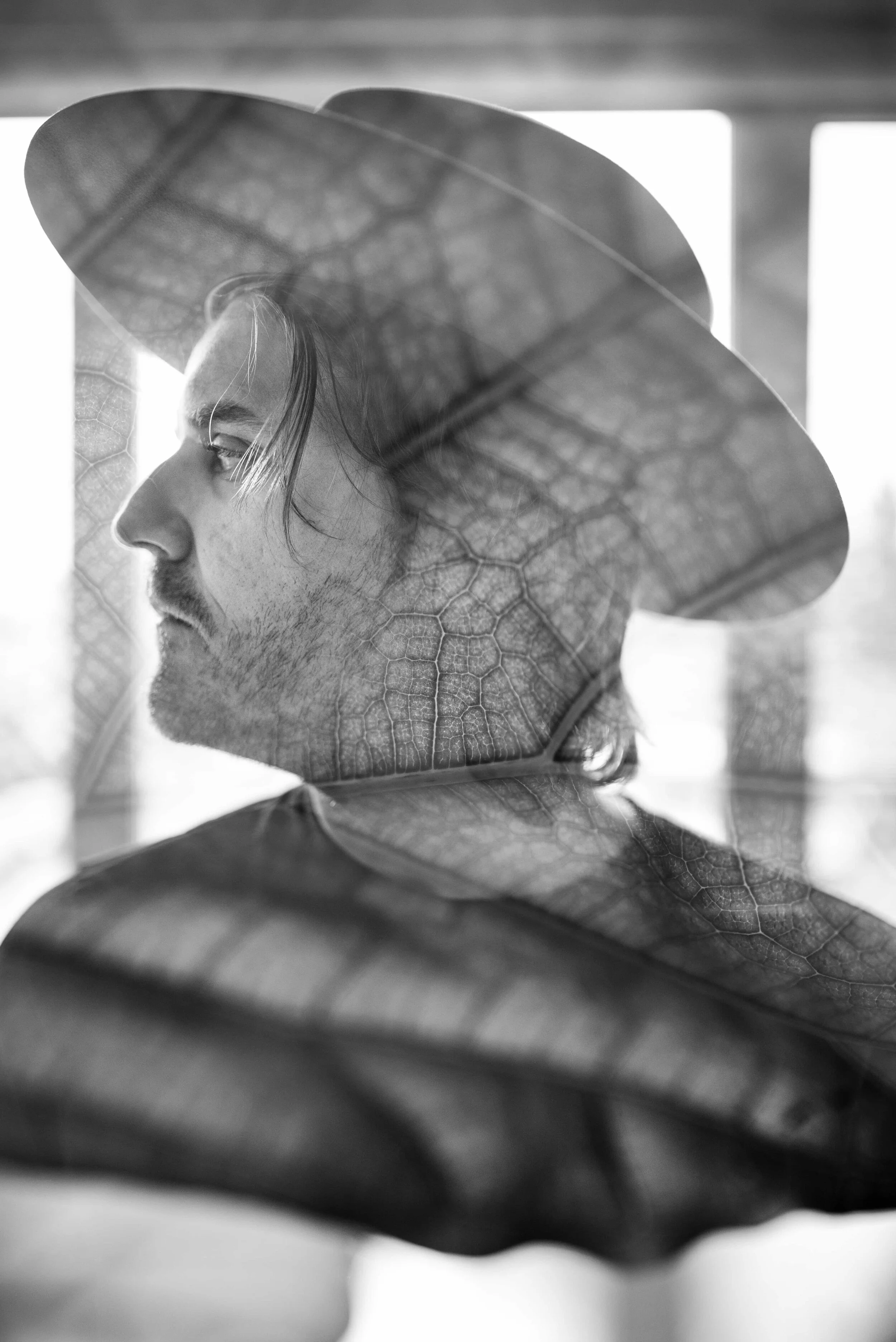Examples of Portraiture Approaches
Within the field of portrait photography there are four main approaches: Constructionist, Candid, Environmental, and Creative. This article will review each approach and provide examples.
Constructionist Portraiture
Seen as the earliest form of portrait photography. Constructionist Portraiture involves a photographer creating or a directing a moment with their subject(s). The photographer directs their subject to pose in specific way that conveys the meaning or feeling that the photographer is attempting to achieve. Advertising photography, fashion photography, some studio portraits, headshots, and stock images are an example of this approach.
Stock photo of woman using smart phone at home. Photo by Chris Brodell.
Candid Portraiture
Candid portraiture is used to photograph people behaving naturally or living their life uninterrupted. These portraits often lack preparation of the subject or scene prior to being photographed.
It can involve photographing people without their knowledge or prior consent. Street photography often involves candid portraiture where people in the public domain are photographed discretely. This portraiture approach can be controversial as it can document individuals in compromising ways and be exploitative.
Candid portraiture can also be applied to document events where subjects are aware of the presence of a photographer but may not be aware at all times of when they are being photographed.
Candid portrait of musician playing instrument. Photo by Chris Brodell.
Environmental Portraiture
Environmental Portraiture is used to document a subject in their environment. A photographer can combine both constructionist and candid approaches to create environmental images by providing the subject with some direction but photograph moments candidly as they occur.
These types of portraits use the environment and surrounding details to tell a story about the subject. The background and details are often in focus and are just as much part of the portrait as the subject themselves. The subject can make eye contact with the camera or be captured in an action.
Examples of environmental portraits could include a craftsman in their workshop, a chef in their kitchen, a doctor in an exam room.
Environmental portrait of guitar luthier in workshop. Photo by Christian Ericksen.
Creative Portraiture
While the approaches above by no means lack creativity, Creative Portraiture often refers to images that go beyond a single frame taken within a camera. Often creative portraiture combines images and other elements to create a final result also known as composite images. This approach also applies to images that have been heavily edited whereas other approaches may remain more or less “straight out of camera”. Prior to digital photography, darkroom techniques like dodging, burning, and masking allowed for more creative manipulation of images.
These days creative manipulation of an image is colloquially referred to as being “photoshopped” referring to images that have been manipulated in someway, often beyond reality, using software such as Adobe Photoshop.
Digital double exposure portrait created in Adobe Photoshop. Photo by Chris Brodell.
Learn more about portraiture and photography with our photography lessons.

This work is licensed under a Creative Commons Attribution-NonCommercial-NoDerivatives 4.0 International License.




